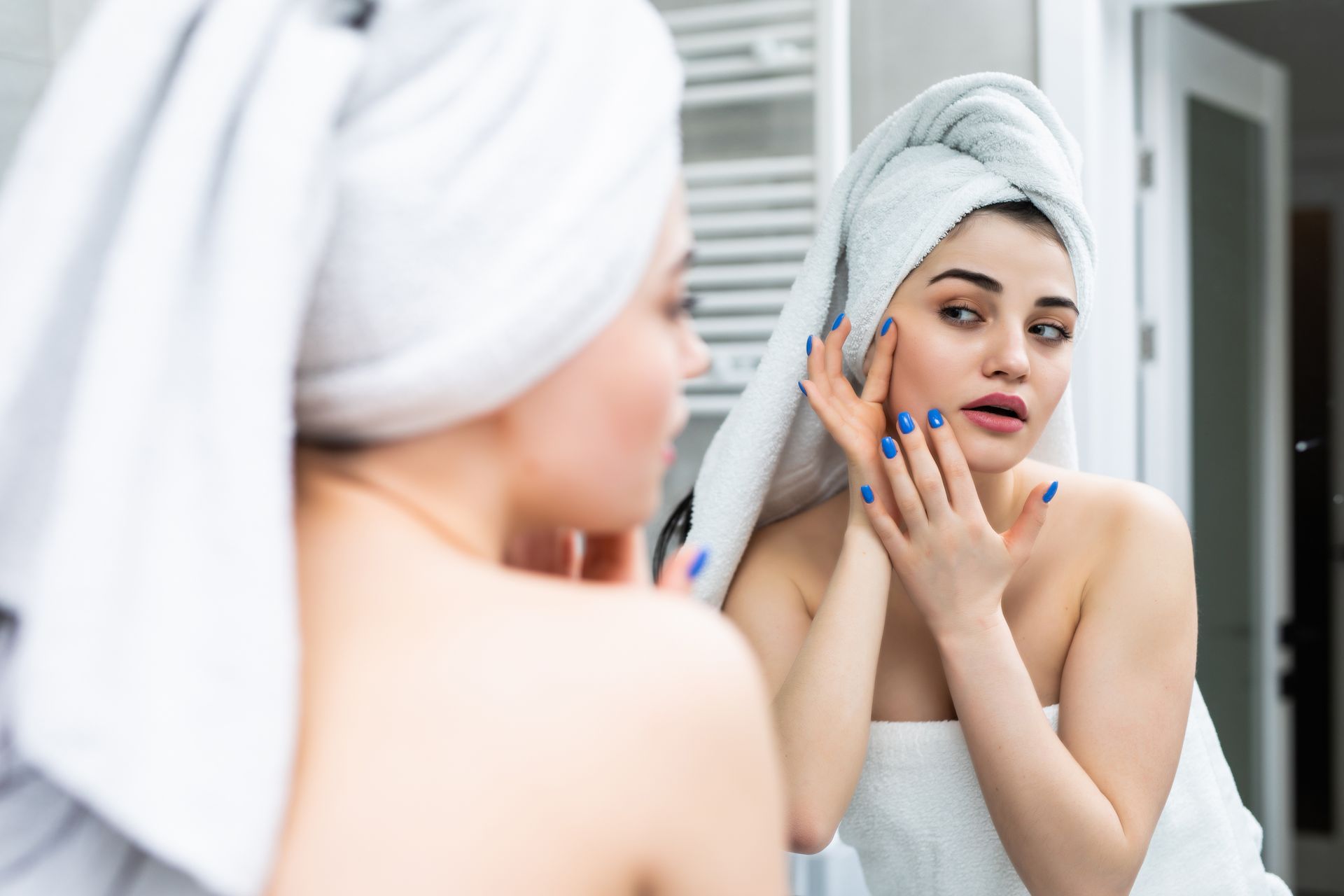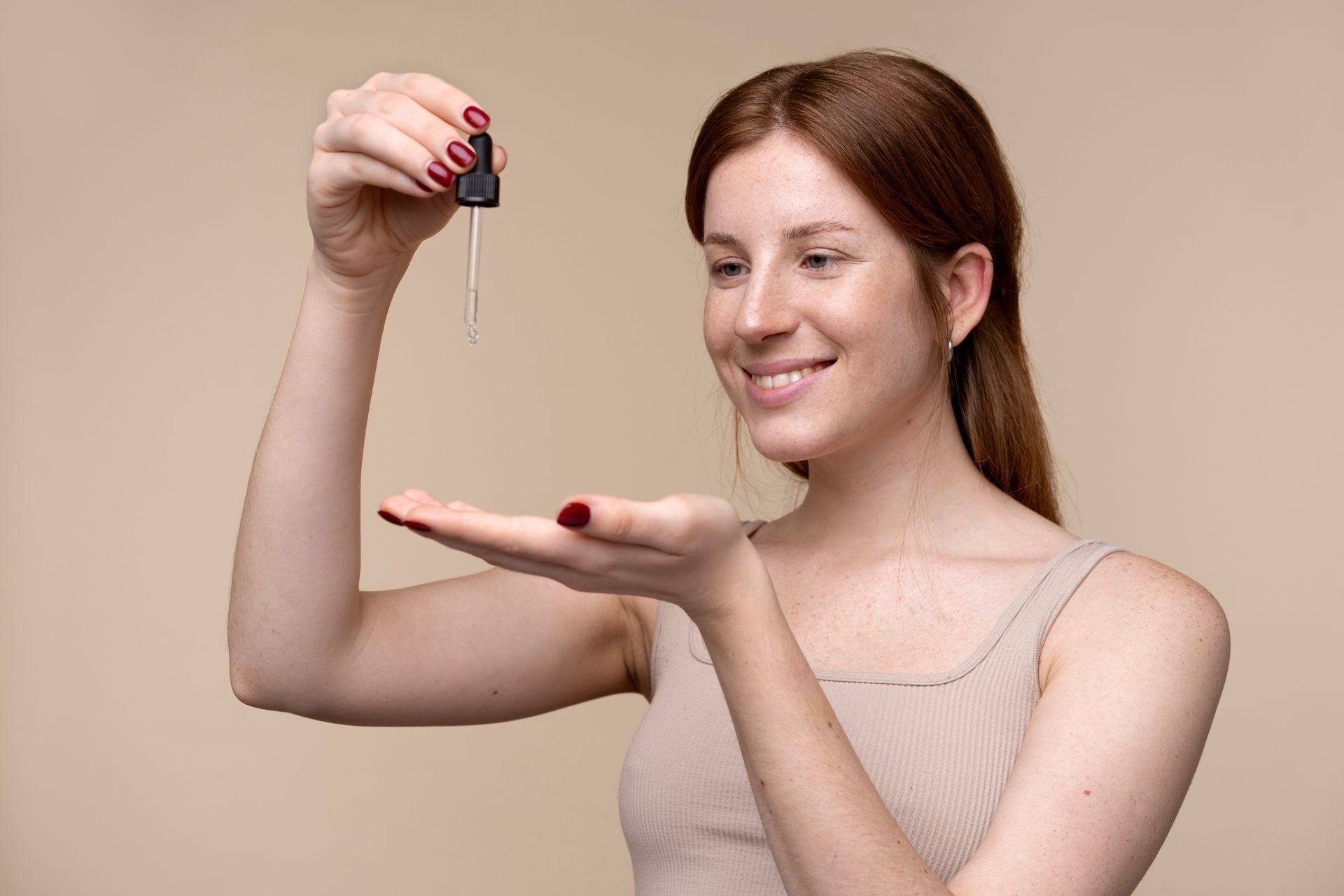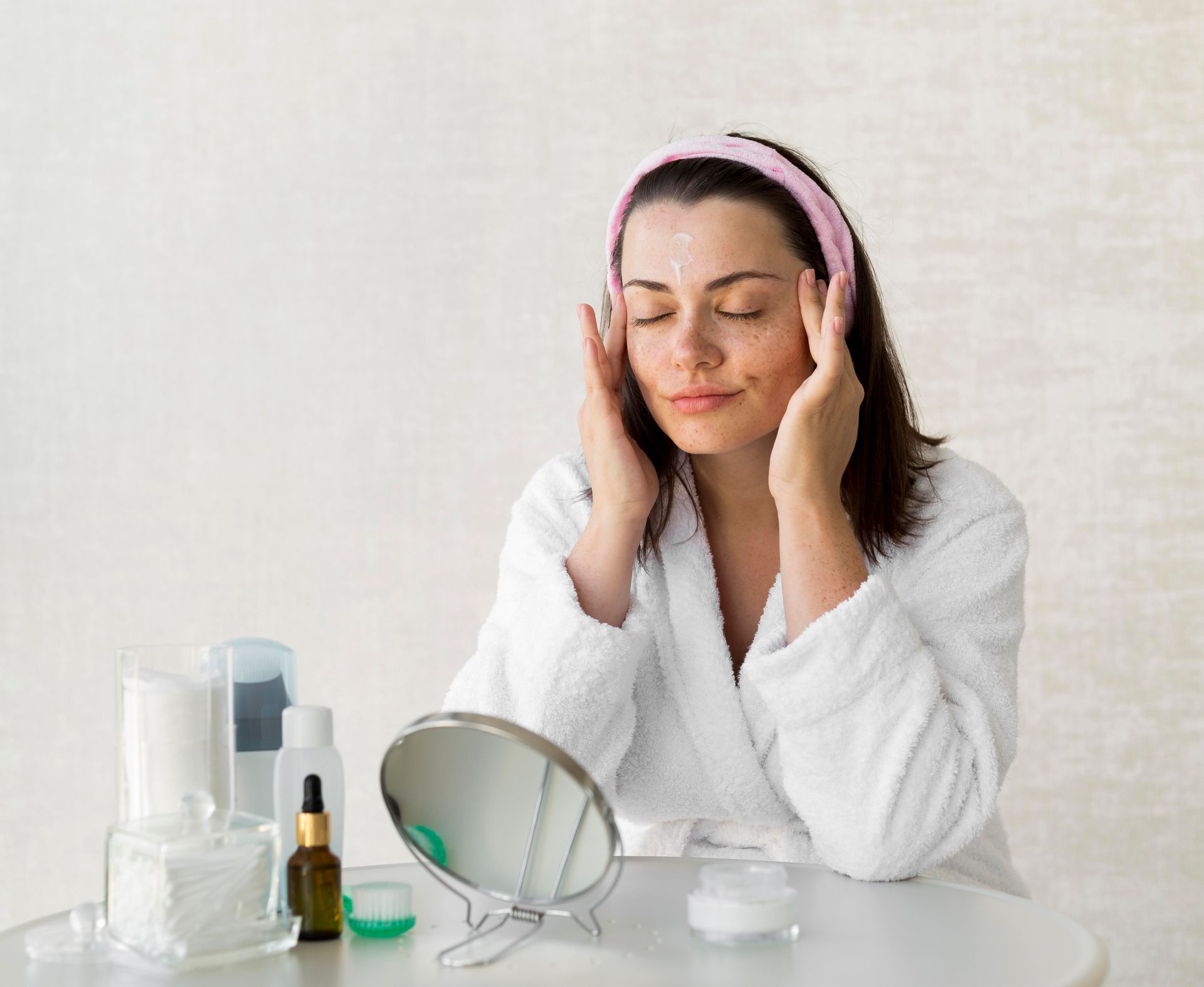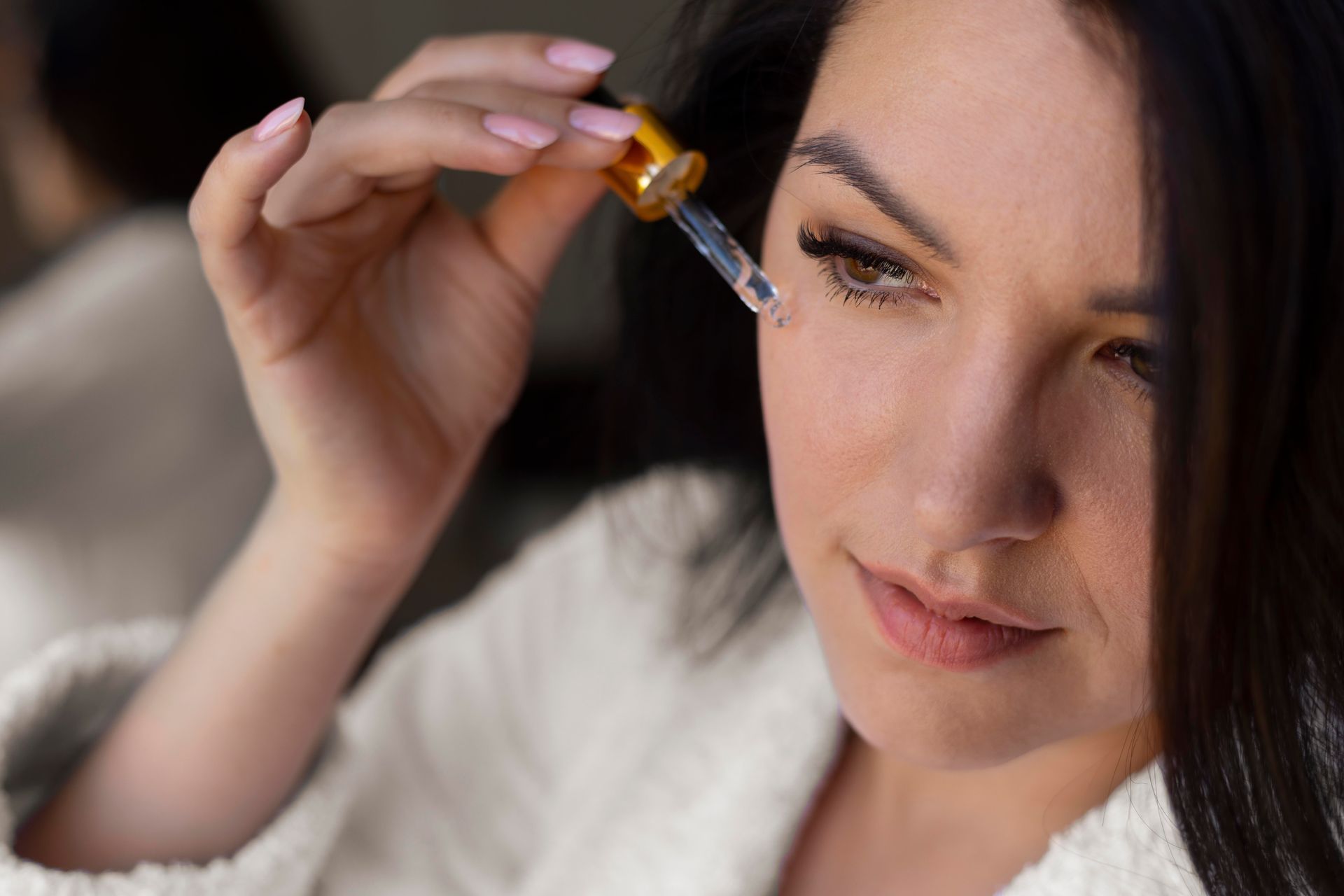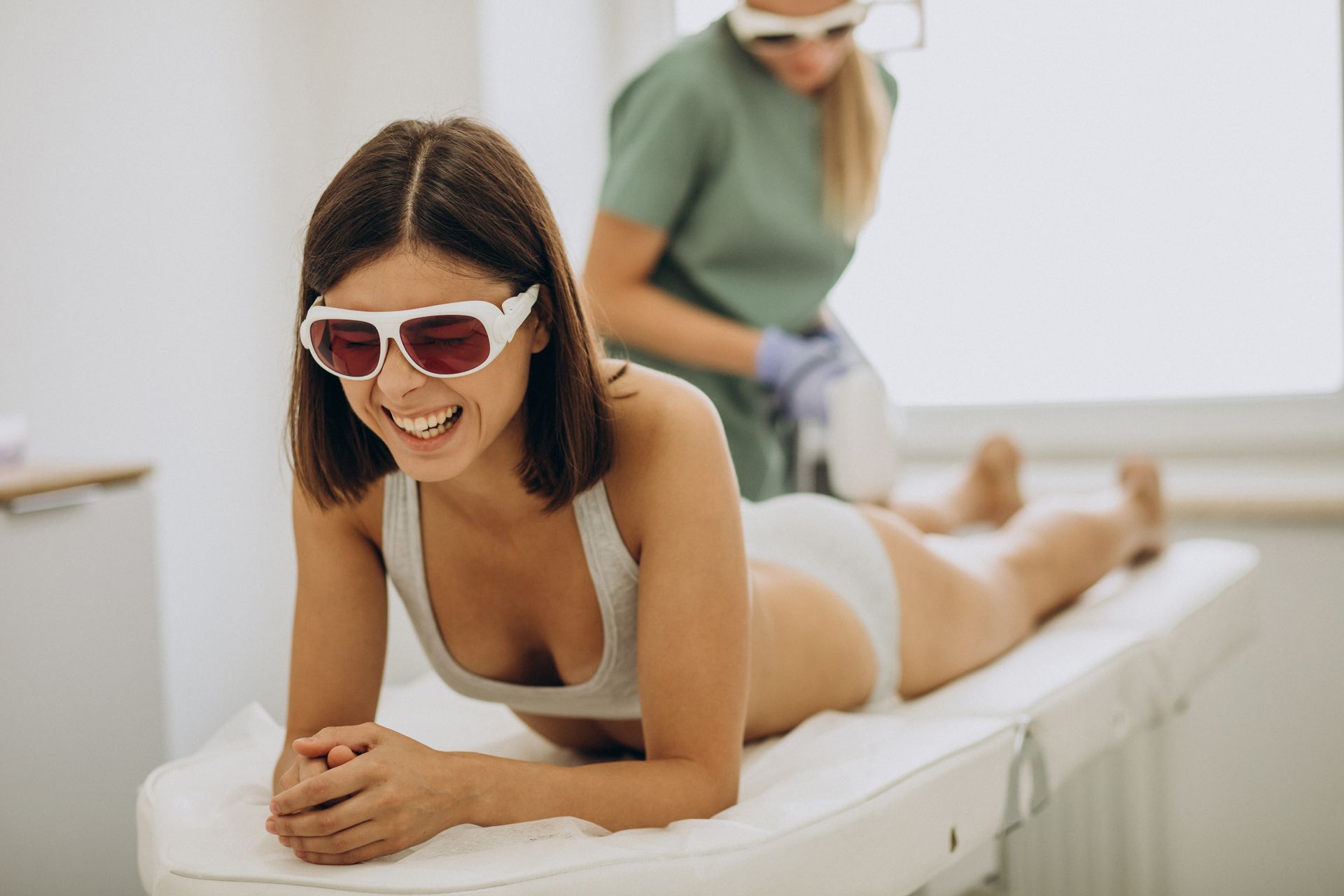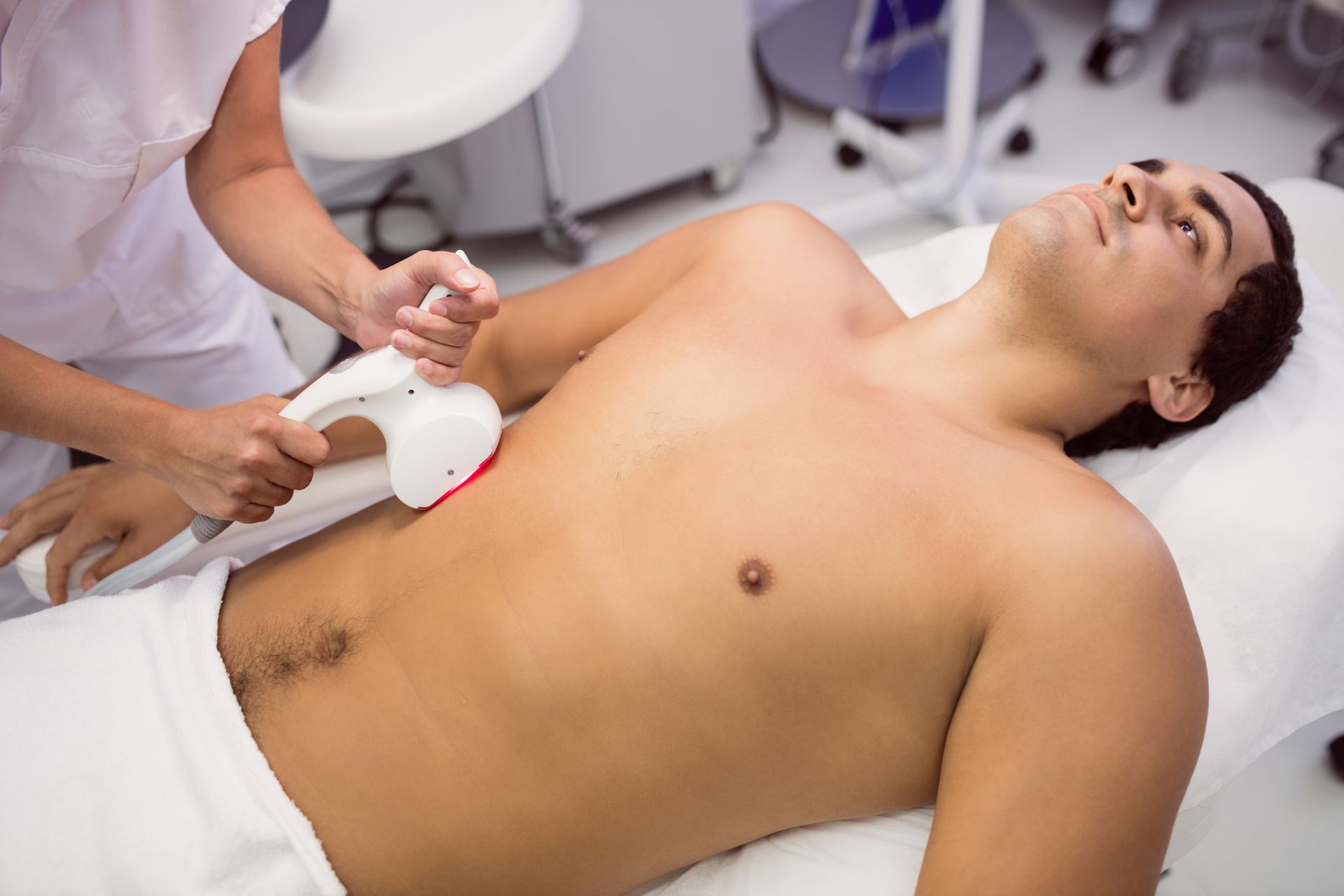Do You Need Numbing Cream for Laser Hair Removal?
Laser hair removal is known for being effective—but let’s be honest, it’s not always painless. If you’re wondering whether numbing cream is worth it before your next laser session, you’re not alone. It’s a common question among first-timers and even those several sessions in. So, does it actually help?
what not to do after brazilian laser hair removal
What Numbing Cream Does in Laser Hair Removal
Numbing cream, also called a topical anesthetic, dulls the skin’s nerve response. It doesn’t block sensation completely but reduces the pain to a more manageable level. Most creams contain lidocaine, prilocaine, or a combination of both, and are applied 30 to 60 minutes before treatment.
Does It Actually Work?
There’s a lot of debate, even among professionals. Some laser techs say it makes no difference since the laser targets below the skin surface. But personal experiences tell a different story.
Take this real review from a user on Reddit:
“For my first appointment, I got numbing cream for the Brazilian. It hurt but was bearable. My second session without it? A solid 8.5/10 pain, especially around the anal area. I was jumping with every zap. My third session with numbing cream? Back to a 5.”
Many users also shared that certain areas—like the underarms or Brazilian—are far more sensitive than others. One said:
“Underarms are the worst for me, probably a 9.5 out of 10. I now always use numbing cream there.”
So while numbing cream may not completely eliminate discomfort, for many, it takes the edge off and makes the session far more tolerable—especially in sensitive areas.
Can i moisturize my face after laser hair removal?
When You Might Want to Use Numbing Cream
- Brazilian or bikini area: These areas have a higher nerve density and often hurt more.
- Underarms: A common spot for high sensitivity during treatment.
- Full legs: Because of the surface area, the consistent zapping can build up discomfort.
- Close to your menstrual cycle: Hormones increase sensitivity, making numbing cream especially useful.
Things to Keep in Mind
If you plan to use numbing cream:
- Apply it 30 to 60 minutes before your session for full effect.
- Use only the recommended amount to avoid side effects—too much lidocaine over a large area can be dangerous.
- Let your technician know beforehand. Some clinics allow you to come early and apply it there. Most will clean it off right before they start, which is standard practice.
- Choose a safe brand like EMLA, and follow instructions carefully.
Can It Affect Your Results?
There’s a minor concern that numbing creams may reduce laser effectiveness due to vasoconstriction (narrowing of blood vessels), but there’s no strong evidence showing significant reduction in results. In fact, many users reported great hair reduction in numbed areas, even better than areas treated without it.
As one Reddit user shared:
“My bikini area had the best results—and that’s the only area I used numbing cream. After just two sessions, there was about 85% reduction.”
So while everyone's skin responds differently, the fear that numbing cream will sabotage your treatment appears mostly unfounded.
What to do after laser hair removal?
Is It Necessary?
Not always. Some people tolerate laser hair removal well, especially in less sensitive areas like the arms or lower legs. But for others, especially those prone to low pain tolerance or anxiety, using a numbing cream can make the experience smoother and less stressful.
If you're unsure, try it for one session and see how your body reacts. You’ll quickly know if it makes a difference for you.
Final Thoughts
Numbing cream isn’t a must-have for everyone—but it can be a game-changer for many. If you’re treating sensitive areas or find the pain too distracting, it’s absolutely worth considering. Just be sure to use it safely and follow your technician’s guidelines.
At Huggie Beauty, we prioritize comfort and results. Our expert team will guide you through every step—whether you choose to use numbing cream or not. We’ll assess your pain tolerance, skin type, and treatment area, then create a personalized plan that fits your needs.
Smooth skin shouldn't come with unnecessary stress. Book your session with Huggie Beauty and discover a more comfortable way to laser.


